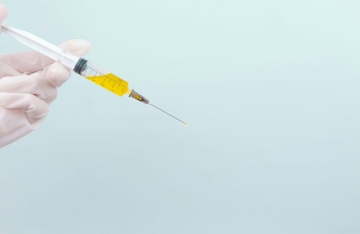Have you ever wondered, what happens if a person dies without making a will? In such a case the property goes through the probate process. This is done in order to transfer the legal rights of a property to its heir. The probate law is basically a set of guidelines that are established by the state law, regarding how the assets will be distributed when a person dies without a will. This probate process comprises of appointing an administrator, identifying the heirs and distribution of assets that is overseen by the probate court.
However, not all assets go through probate which are as follows:
Funds in a POD or payable on death bank account
Property held in a living trust
Proceeds from life insurance
Funds in a retirement plan that has a beneficiary named, 401(k) or an IRA
Bank accounts, real estate and assets that are being held in joint tenancy (tenancy could be by entirety or community property with a right of survivorship)
Vehicles or real estate held with a title document or a transfer on death (TOD)
Stocks or any other security that is held in a TOD or transfer on death account
The assets that go through probate are distributed according to the wishes of the deceased as mentioned in the will. In case there is no will, the assets will pass as per the law through which will is probated.
Who is in charge of the distribution?
In the absence of a will, there is a need of an executor. The state law will provide you with a list of people that are eligible for this role. If there is a probate court proceeding going on, the court would be choosing based on this priority list. In most states, the first choice is given to the registered domestic partner or the surviving spouse. The next preference is usually given to the adult children which is then followed by other family members.
Preparing the Estate and for the Probate Process
The probate process usually begins by the appointment of a personal representative that will manage all the expense owed by the estate, pay creditors and receive all the legal claims against the estate.
After this the heirs are identified. The most common ones are surviving spouses, children and parents that are determined by the probate law. Close friends can’t inherit after the death of person without a will, if they aren’t listed to receive gifts.
Distribution of Estate
Once the expense are paid and heirs are identified, the assets that need to be distributed are identified and the ways to distribute them. Assets like bank account with joint ownership can be easily distributed automatically after the death, even if there is no will. How much each heir is entitled to receive varies from one state to another. As for intestate estates, the rules are technical that needs to be strictly followed.
Get Legal Help
A probate court distributes the assets or property according to the probate laws instead of following the wishes of the deceased before their death. To ensure the last wishes are honored, hire an experienced lawyer with a specialization in probate law and estate planning. To know more about estate litigation, contact us!




